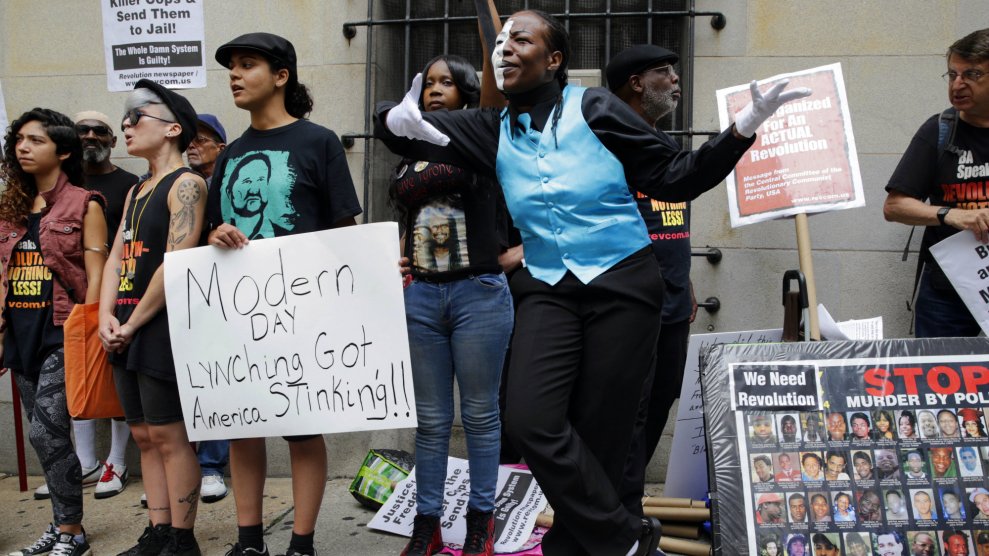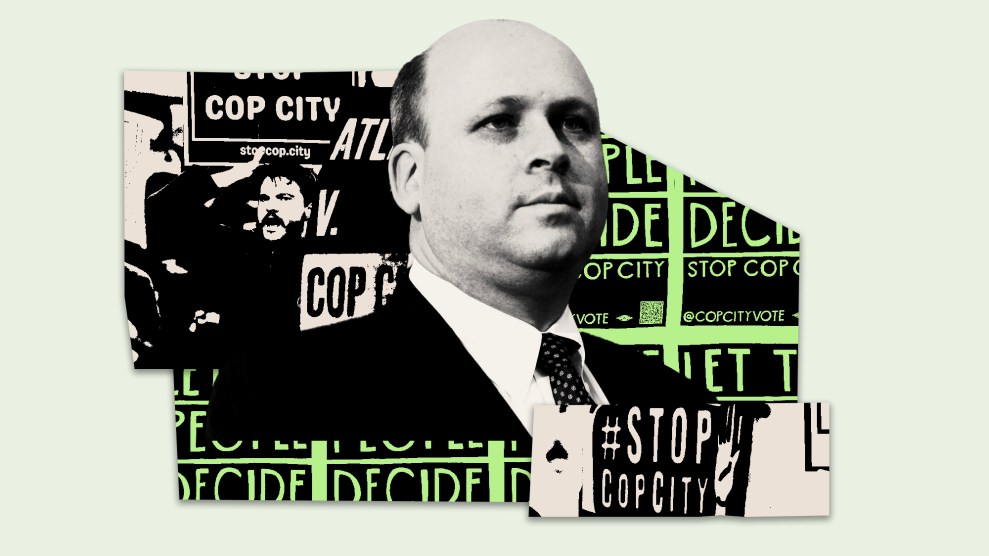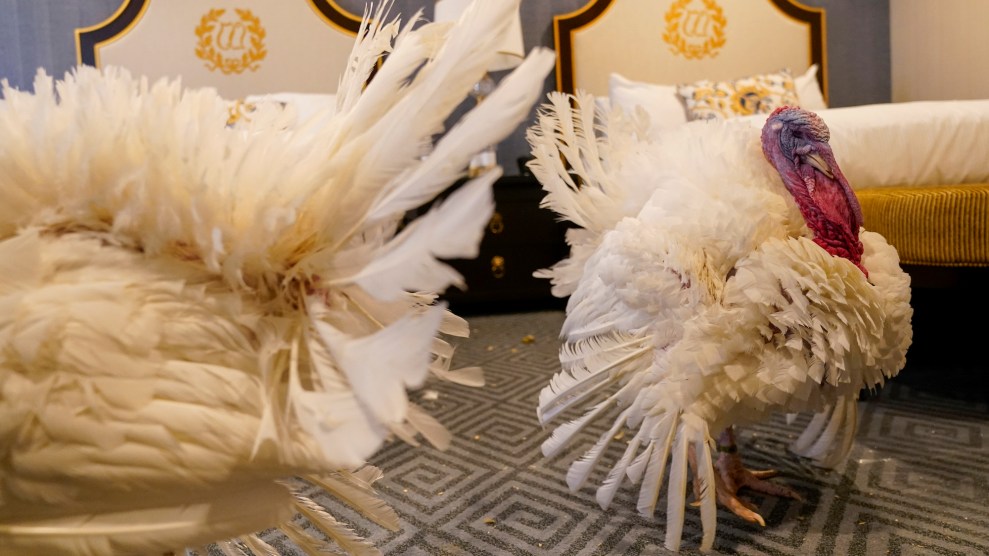
Protesters rally outside a court hearing for an officer charged in the death of Freddie Gray in Baltimore in June.Patrick Semansky/AP
Maryland prosecutors announced Wednesday morning that they are dropping all charges against three officers still awaiting trial for their involvement in the death of Freddie Gray, bringing to an unsuccessful close a legal saga that has become a focal point for the Black Lives Matter movement. The decision comes after a judge acquitted three other officers of all charges and the trial of a fourth officer ended in a mistrial. Gray died after suffering a spinal cord injury during a ride in the back of a police van last April.
Prosecutors announced the decision in a pre-trial hearing for Baltimore police officer Garrett Miller, who would have been the fourth of six officers to stand trial on charges related to Gray’s death. The case that ended in a mistrial in December, against officer William Porter, was due for another hearing, and charges were also pending against Sergeant Alicia White. Charges against all three are being dropped.
Judge Barry Williams acquitted officers Edward Nero, Caesar Goodson, and Brian Rice in May, June, and July, respectively. Several officers have sued Baltimore State’s Attorney Marilyn Mosby for defamation, claiming she damaged their reputations by prosecuting officers in the case on what they say is little evidence.
Legal experts had speculated that the prosecution would be a tough one for Mosby, and her decision to bring charges against all six officers involved in Gray’s arrest and transport last April was seen as a bold move. She received criticism for what some observers called an apparent bias against the officers. “I hear your calls for ‘no justice, no peace,'” she told Black Lives Matter protesters at a press conference announcing charges against the six officers last May. At the Republican National Convention last week, audience members cheered as Milwaukee County Sheriff David A. Clarke criticized the “malicious prosecution of activist State’s Attorney Marilyn Mosby.”
Throughout the earlier trials, prosecutors argued that officers had acted negligently and ignored their training by failing to buckle Gray’s seatbelt after placing him in the back of a police van, handcuffed and shackled at the legs—a situation that ultimately resulted in his death. In explaining his rulings, Judge Williams repeatedly said prosecutors had failed to present sufficient evidence that officers intentionally sought to harm Gray. The decision to drop charges would appear to be a concession by prosecutors that their evidence would likely not have produced convictions had these three remaining cases gone to trial.














